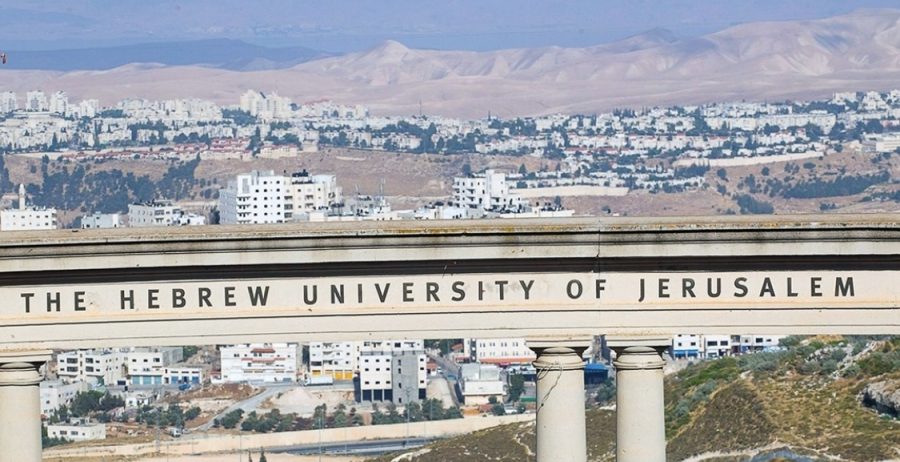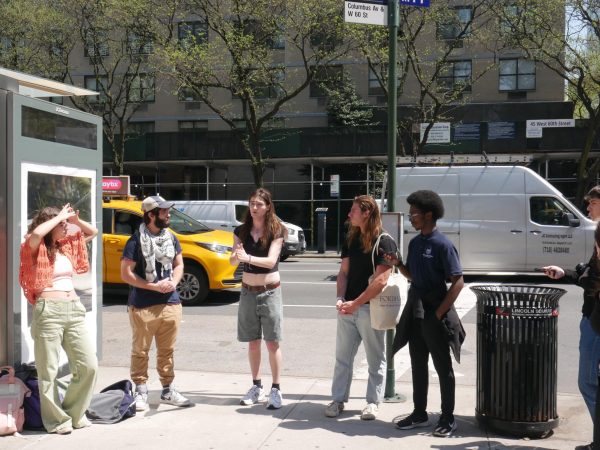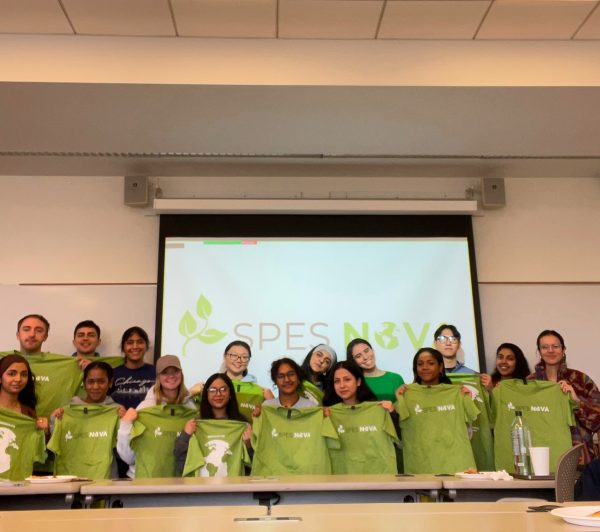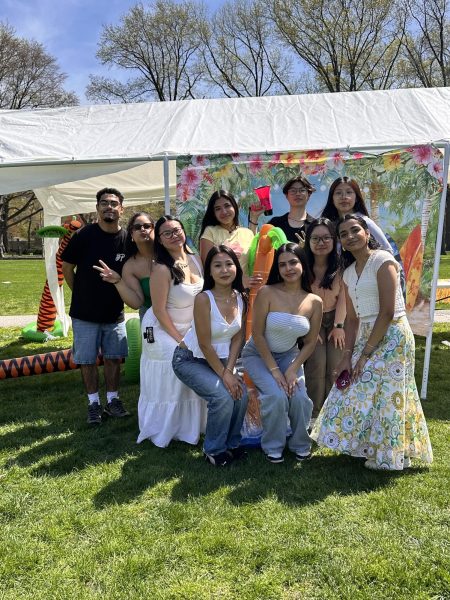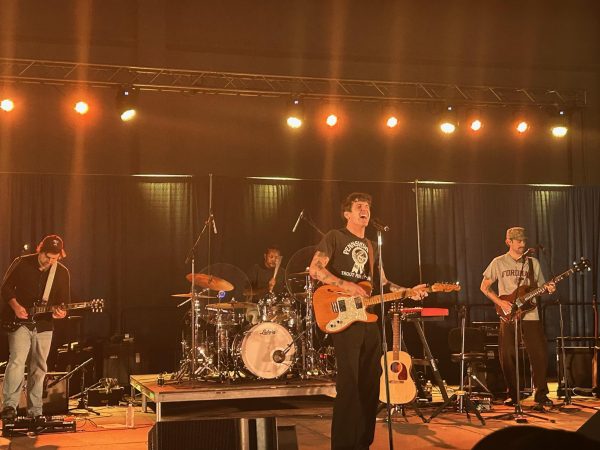Controversy Arises From New Study Abroad Partnership
Fordham has established a partnership with the Hebrew University of Jerusalem to create a new study abroad program. The decision, however, has been met with a variety of controversy. While some students are interested in an opportunity to study in Jerusalem, others have condemned Fordham’s decision. The Students for Justice in Palestine (SJP) chapter at Fordham released a statement that they “stand alongside [their] allies in direct opposition and disgust to this blatant endorsement of the apartheid & genocidal state of Israel.” SJP has been involved in various struggles for club recognition with the university, and their denial of club status at Fordham, resulted in a lawsuit. Moreover, the club has also stated that they urge Fordham to “reinstate Fordham SJP, promote Palestinian advocacy, promote awareness of the occupation and apartheid and cut ties with Israel.”
The Department of Jewish Studies did not give their opinion on the recent opposition to the program. However, they did state that “Fordham’s new partnership with the Hebrew University, one of the Middle East’s most important universities, gives Fordham students the opportunity to study in Jerusalem, a city with a rich multicultural and multireligious history spanning millennia, from biblical times, through the Roman period and the rise of Christianity, Islamicate empires, British mandatory rule and up to today.” According to the department, the program aims to help give Fordham students the opportunity to explore an ancient area of the world. As of this article’s publication, it seems that the program will continue to run as planned.
SJP chapter claims that they have “built a strong base within the university who share similar views surrounding solidarity and advocacy for Palestinian liberation, and as such [they] will not miss an instance in which Fordham continues to boast its Zionist position.” Moreover, “we hope that he Jewish Studies Department recognizes that this trip to occupied Palestine directly impacts the Palestinians on campus & their families within the diaspora and apartheid.” One major issue that SJP points out would be that “many students in Fordham are unable to participate in this trip solely due to their identity as Arab, Palestinian or Muslim as Israel refuses to allow such people in the country.” The organization is referring to the historical precedent of restrictions against Palestinian Arabs and Muslims’ ability to enter Israel set by Israeli immigration control. With this, SJP said they wish for the Department of Jewish Studies to recognize “the heinous crimes” of Israel and that they must separate the difference between Judaism and Zionism. With this, Fordham SJP asks for the department to cancel this trip for the sake of Arab, Muslim and Palestinian students on campus who would be unable to participate in such a program and to boycott the State of Israel.
Fordham SJP has specifically stated that they will not bear any ill will towards the university under the condition that the group be allowed to organize on campus, and simply wish to promote discussions surrounding the liberation of all peoples globally. The club also stated that more work has to be done to “educate others about the colonial history of Zionism.” As of now, Fordham SJP “does not feel that Fordham listens to the needs of Palestinians at the current moment, since Fordham does much to promote events surrounding discussions of diversity and inclusion, but does little in enacting policies and making changes to support diversity and inclusion on campus.” In the end, Fordham SJP has specifically stated that they support peace, stand in firm support of the decolonial movement and wish to return all lands to Palestinians. Furthermore, SJP said that Palestine affirms the rights of all people, regardless of their ethnicity and hopes for peace between the Palestinian and Jewish people to be established, as it had been for centuries prior to the formation of Israel.
Fordham’s SJP chapter has struggled to gain club status at the university. The club’s proposal “received backlash solely from administration” and was vetoed by Keith Eldredge, the dean of students at Fordham College Lincoln Center. Additionally, Jeffrey Gray, the senior vice president for student affairs at Lincoln Center, also supported the veto by Eldredge, stating that the club would be “too polarizing,” and that there had been cases of SJP chapters disrupting various college campuses throughout the country. According to additional statements provided by Fordham’s SJP chapter, neither deans were able to provide such a case. As a result, the club felt “surprised, offended, and alienated as their university refused to affirm their identity and their right to organize,” ultimately resulting in a lawsuit. The timeline of these events can be found on the SJP chapter’s Instagram Linktree.
Students for Justice in Palestine continues to remain an unofficial club at Fordham University. Although the organization won the trial case, Fordham appealed on the technicality on the basis that the prior students had graduated, and therefore, there was no harm. Currently, the SJP has stated that efforts are being made to instate SJP as an official club at Fordham, but they are not open to share their specific plans yet. However, SJP is asking Fordham to “communicate with [the chapter] and have an open conversation” so that an agreement can be settled.
Correction: An earlier version of this article included incorrect statements and mischaracterized quotes from the Fordham SJP spokesperson.



































































































































































































